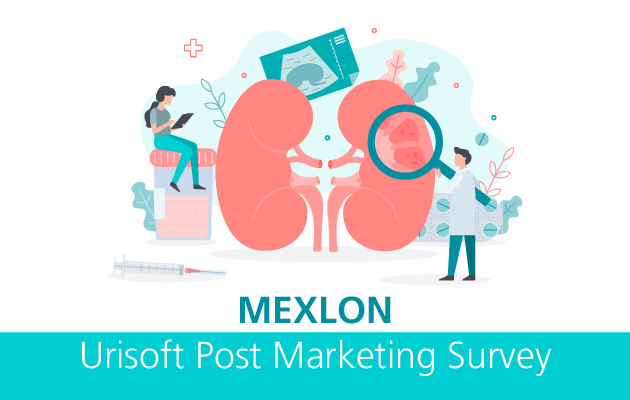About the Survey
Kidney stones are a common condition, and the prevalence has been steadily increasing worldwide, affecting approximately 10% of the population.
The management of kidney stones often involves a combination of medical interventions and lifestyle modifications. While treatment options such as extracorporeal shockwave lithotripsy (ESWL) and ureteroscopy with laser lithotripsy are commonly employed, the role of adjunctive therapies has gained attention.
Terpene combination therapy has emerged as a potential adjunct treatment for kidney stones. Terpenes are natural compounds found in many plants and possess anti-inflammatory and analgesic properties. The combination of terpenes with other medications has shown promise in facilitating stone passage, reducing pain, and preventing stone recurrence.
Nephrologists are exploring the potential benefits and considering factors such as stone size, patient history, and preferences when deciding on treatment approaches.
As an adjunct therapy, terpene combination therapy may provide added benefits in terms of symptom relief and prevention of stone recurrence.
This survey aims to gather insights from nephrologists regarding their practices and experiences in managing kidney stones and the utilization of terpene combination therapy. By collecting this information, a better understanding of current clinical practices and placement of terpene combinations can be gauged and utilized in the best interest of the patients.
Objective of the Survey
1. Evaluate the preferred management approach for uncomplicated kidney stones less than 10mm in size.
2. Determine the factors that make a patient a suitable candidate for terpene combination therapy.
3. Assess the effectiveness and advantages of terpene combination therapy in managing kidney stones.
4. Explore cases where terpene combination therapy was ineffective and adjustments made to the treatment plan.
Target Audience
• Urologist, Nephrologist
